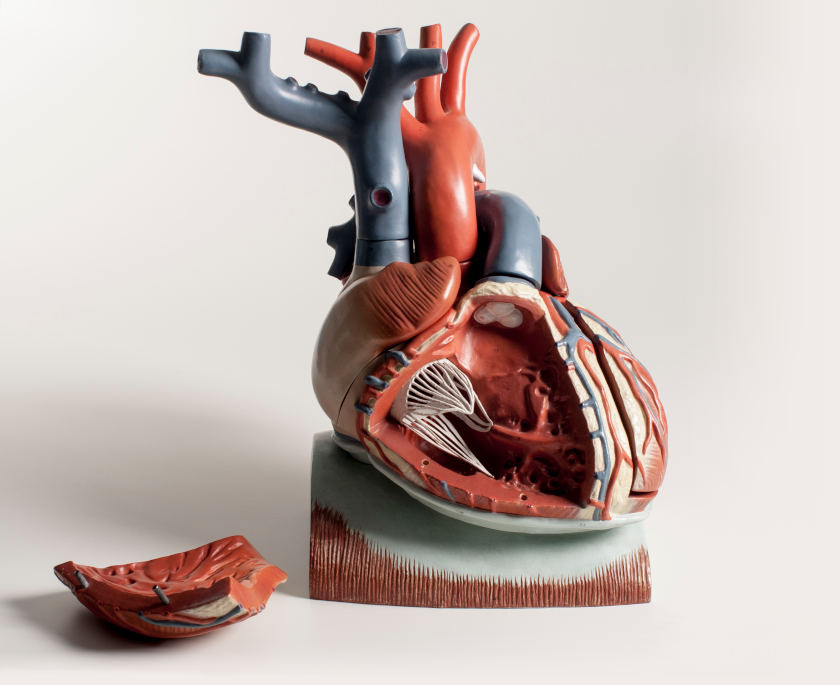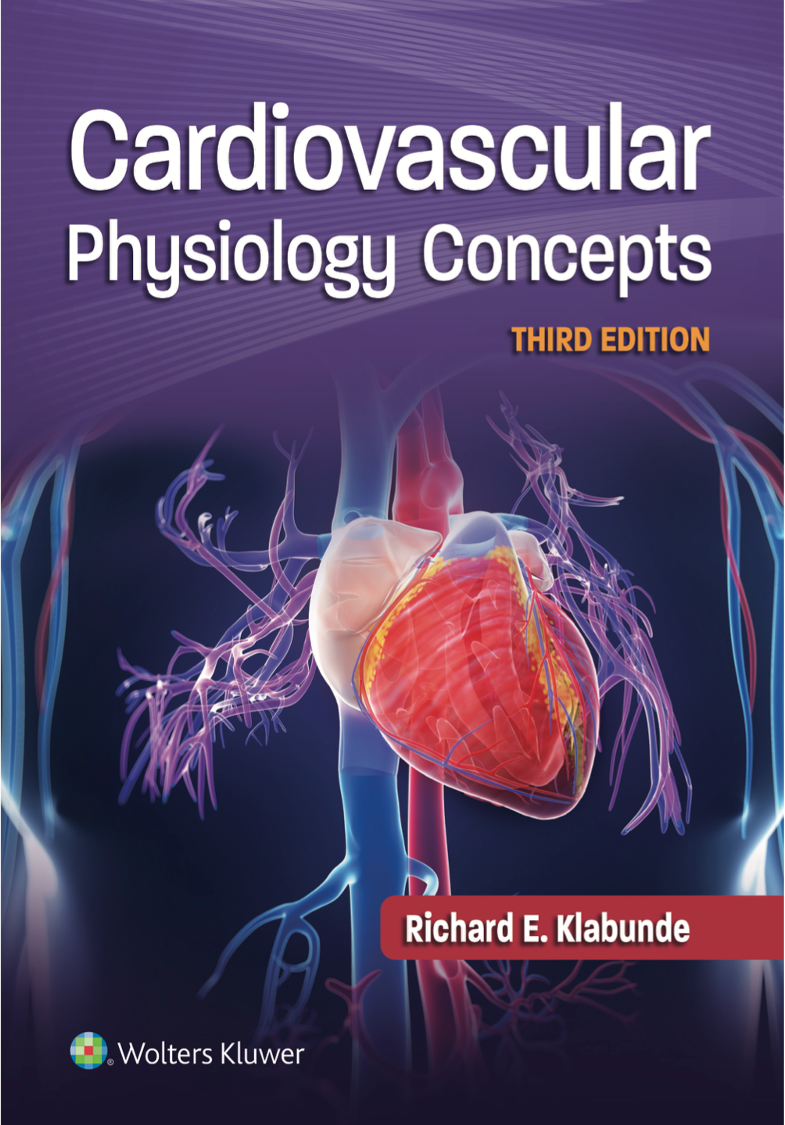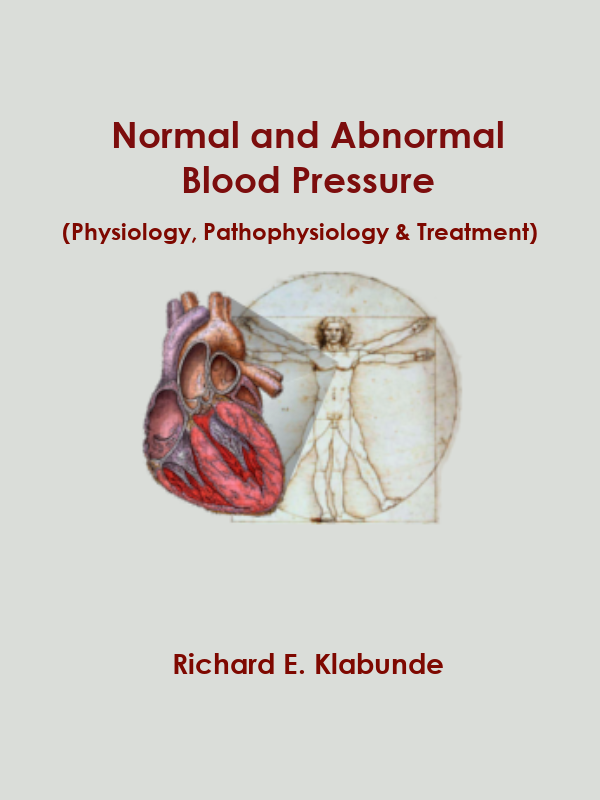Guided Learning: Heart Failure
Guided learning questions provide a systematic approach to learning by using a sequencing of the questions similar to how a topic would unfold in a traditional textbook. These guided learning questions assume the student is already knowledgeable of the content associated with the cardiac function guided learning topic. The student is encouraged to go not only to the initial link associated with each learning question, but also to use embedded hyperlinks to expand upon the physiological concepts associated with the question.
At the end of the guided learning questions, there is a link to an external website (testmoz.com) that has multiple choice and true/false questions that are associated with the topic. When the quiz results are given to the user after taking the quiz, links are provided back to specific cvphysiology.com pages to assist in learning. Users need to register (free) on the testmoz.com site to access the quiz questions for the tutorial. No personal information is available to cvphysiology.com apart from the user provided login name and analysis of user performance on the quiz questions. This feedback is used to improve cvphysiology.com content and quiz questions.
Guided Learning
- What is heart failure?
- List several conditions that can cause heart failure.
- What is systolic dysfunction, and how does this condition alter ventricular stroke volume, end-systolic and end-diastolic volumes, end-diastolic pressure, and ejection fraction?
- How does the Frank-Starling mechanism compensate for reduced inotropy?
- What changes in signal transduction mechanisms might cause systolic dysfunction?
- What alterations in excitation-contraction coupling mechanisms might cause systolic dysfunction?
- What is diastolic dysfunction, and how does this condition affect ventricular stroke volume, ventricular end-diastolic volume and pressure, and ejection fraction?
- How does ventricular hypertrophy alter diastolic function?
- What role might altered sarcoplasmic reticulum function play in diastolic dysfunction?
- How does combined systolic and diastolic dysfunction alter stroke volume, end-systolic and end-diastolic volumes, end-diastolic pressure, and ejection fraction?
- What humoral and autonomic changes occur in heart failure, and how do these changes help to compensate for impaired cardiac function?
- How does activation of the renin-angiotensin-aldosterone system serve as a compensatory mechanism in heart failure?
- How do natriuretic peptides counter-regulate the renin-angiotensin-system?
- By what mechanism does heart failure cause pulmonary and systemic edema?
Link to Quiz Questions: testmoz.com/2479887
Revised 10/06/2023

 Cardiovascular Physiology Concepts, 3rd edition textbook, Published by Wolters Kluwer (2021)
Cardiovascular Physiology Concepts, 3rd edition textbook, Published by Wolters Kluwer (2021) Normal and Abnormal Blood Pressure, published by Richard E. Klabunde (2013)
Normal and Abnormal Blood Pressure, published by Richard E. Klabunde (2013)